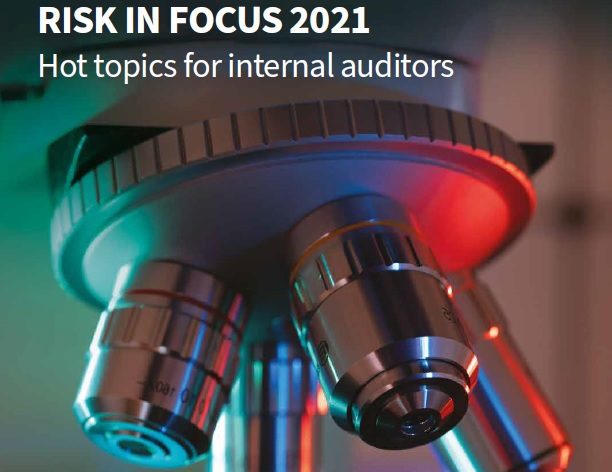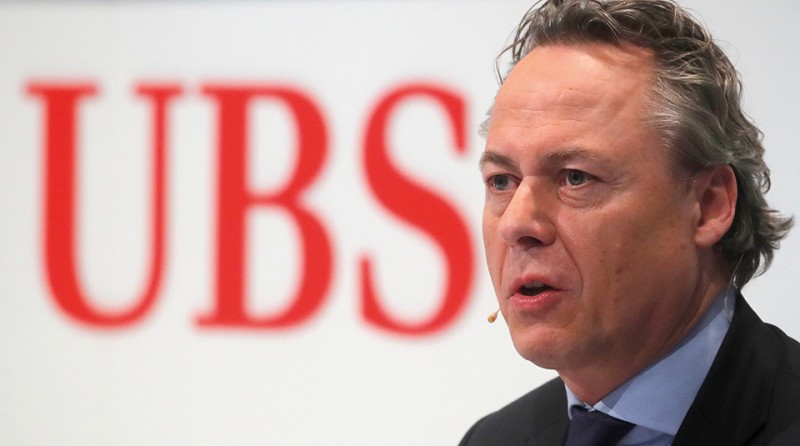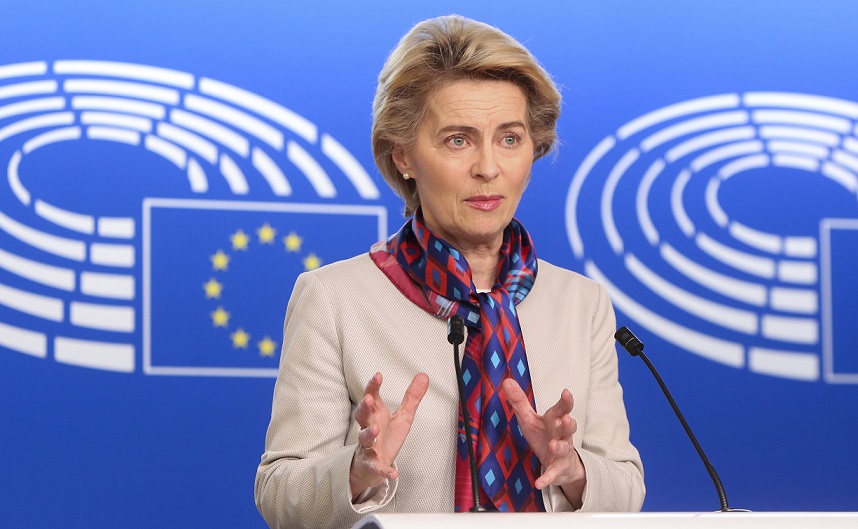As coronavirus continues to disrupt the corporate landscape, a new survey suggests businesses across Europe have significantly shifted their attitudes towards risk. The Chartered IIA’s annual Risk in Focus 2021 report tracks the risks facing organisations year-on-year as ranked by 579 Chief Audit Executives (CAEs). For the third year running, cybersecurity has topped the list of risks, with almost four in five (79%) businesses citing it as one of the major risks they face. More than a quarter (27%) singled cybersecurity out as the number one risk, amid a heightened awareness of the IT and security threats posed by widespread remote working, including an increase in phishing attempts and malware infections. The report also points to ongoing concerns around companies’ ability to remain solvent as the world enters a recession. Amid depressed demand, financial, capital and liquidity risks have jumped up the agenda, with more than two in five (42%) of those surveyed including these within their top five risks – a 40% increase on last year. Continue reading…
Gone are the days when organisations could simply promise a speak up culture. Today, fostering a culture of trust, integrity, and a positive work environment…
Download whitepaper











